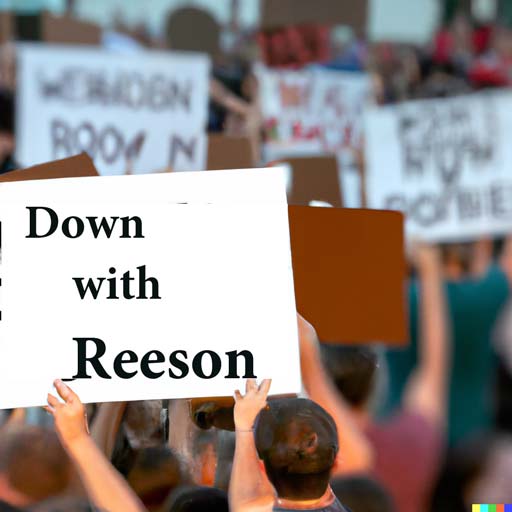Assessing someone’s intelligence is extremely difficult, whether or not you take into account their educational credentials or achievements. I have seen people who are highly educated, but who believe in superstitions that are entirely unsubstantiated by scientific observation. When their opinions are challenged, they become defensive and move quickly from rational to emotional mode. I have also seen people of high IQ who have no money sense, and live their lives from pay check to pay check spending enormous fees on credit card balances. In an article for Esquire Magazine in November 1999, titled, The Smartest Man in America, Mike Sager described in some depth the impecunious lives of three high IQ people. These three people lived close to poverty in spite of their gifted-level IQ.

On the other hand, I have met people of modest education who appear to me remarkably insightful on issues or who ask questions that reveal a depth of understanding of a complex problem. During my early years studying theoretical physics, I attempted to rank my colleagues by intelligence. It was a hopeless task because the guy who powered fluidly through mathematical equations was less articulate than the colleague who was less adept in mathematics.
Among my non-academic friends I found some who were excellent at strategy games like chess but were inept in planning their lives. They could visualize 3 moves ahead on the chessboard, but were unable to plan for tomorrow.
From these years of observation, I concluded that intelligence is not a linearly ordered variable. That is, the proposition: if A is smarter than B and B is smarter than C , then A is smarter than C does not hold. A may be smarter than B at some things, B smarter than C at many things, and C smarter than A in a few things. In short, intelligent is a multi-faceted concept that has to be measured relative to a specific environment. So, if I’m lost in the Australian outback, I would tap into the insights of an Australian bushman rather than a brilliant mathematician.
Having stated all these caveats about assessing a person’s intelligence, I will share one insight that may be of value. Usually I judge a person’s intelligence by the speed at which they move toward certainty on an issue. People who are of low general intelligence tend to reach certainty very quickly without the support of much information. Those of high intelligence usually see the shadows and nuances embedded in the deep issues and spend considerable time and reflection before forming an opinion. When you challenge a person of low intelligence on their opinion, you will often see anger, defensiveness and sometimes hostility. By contrast, the highly intelligent person, will usually respond rationally to a challenge, because they regard their opinion as tentative, pending further information. This is the disposition of science, whereby all theories are provisional, until some observation shows them to be incorrect, and then they are revised.
The recent movie Conclave, although set in the context of bishops battling to become Pope, is actually about the importance of abandoning certainty in favor of rational and reflective thought. More than anything else, what characterizes high intelligence is the reflective habit of mind that prompts a person to live mostly in a rational rather than an emotional state. To test your own level of intelligence, observe your behavior when someone challenges your opinion on an issue. Do you move into emotional or rational mode?
